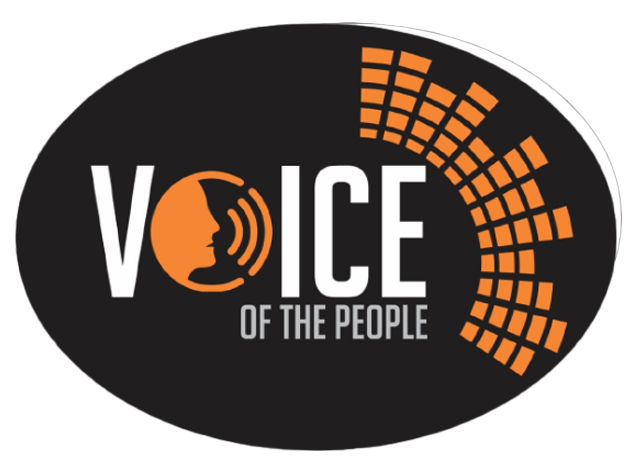Nigeria’s ongoing electricity shortages are costing the country an estimated $26 billion annually, according to a report by Standard Bank’s Africa Trade Barometer.
The report also revealed that businesses in Nigeria spend an additional $22 billion each year on off-grid fuel to cope with unreliable electricity supplies. The national grid, which has collapsed multiple times this year alone, fails to meet peak demand, resulting in frequent power outages that disrupt businesses and essential services.
The report noted that inadequate electricity supply is a critical challenge for businesses in Nigeria and across other African markets, affecting production, telecommunications infrastructure, and overall sales. It emphasized the need for a diversified energy mix and stable policies to attract investment in renewable energy solutions.
The Minister of Power, Adebayo Adelabu, announced that the government’s reform agenda under President Bola Tinubu aims to address these issues by phasing out electricity subsidies and ensuring cost-reflective tariffs.
The administration has secured over $1.25 billion in loans from multilateral institutions, including the World Bank and African Development Bank, to boost electricity supply and invest in renewable energy projects.







